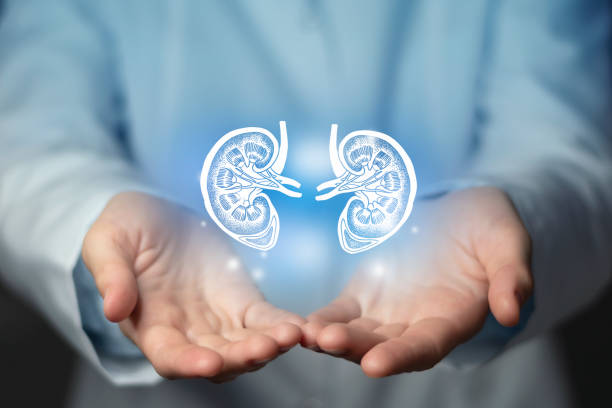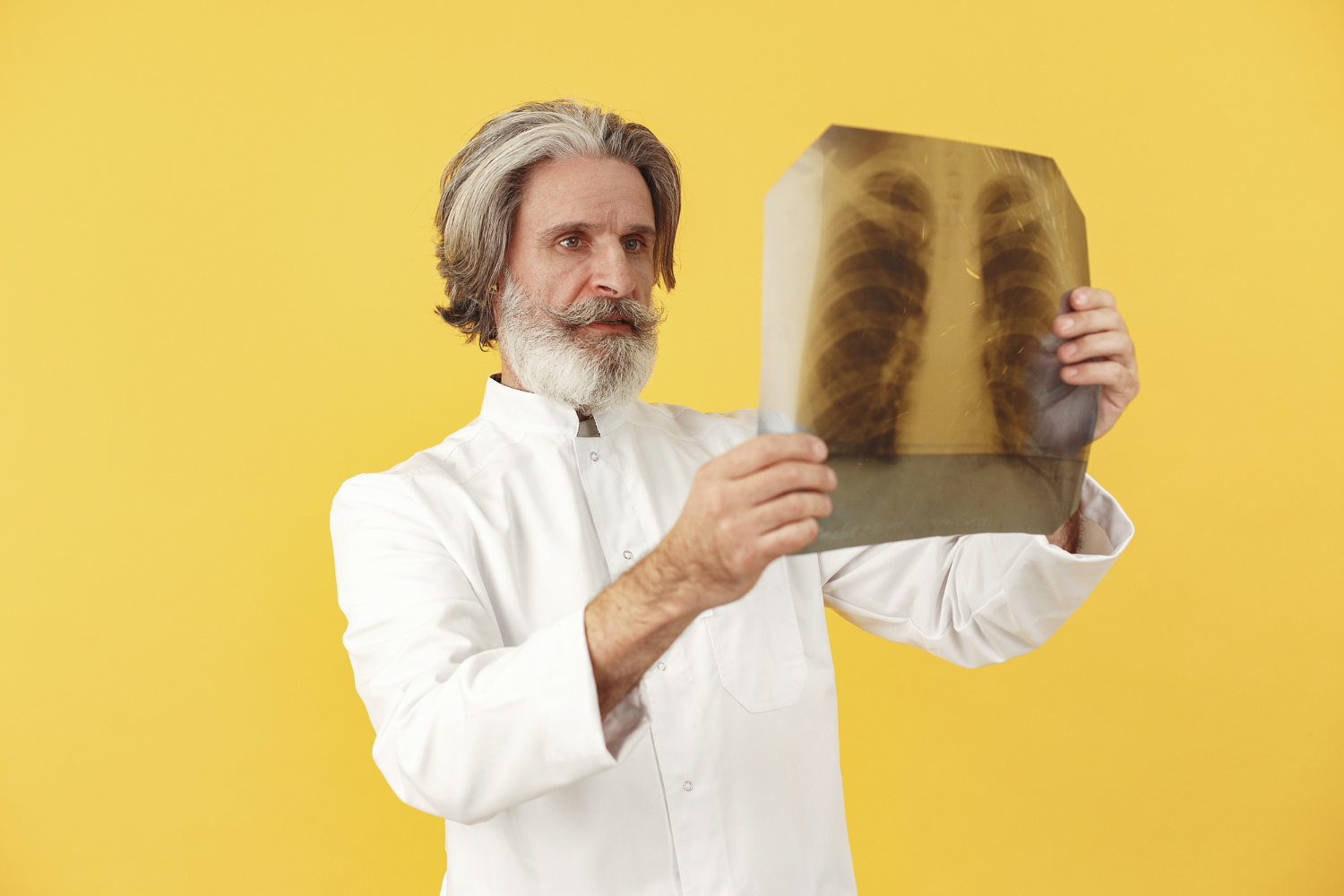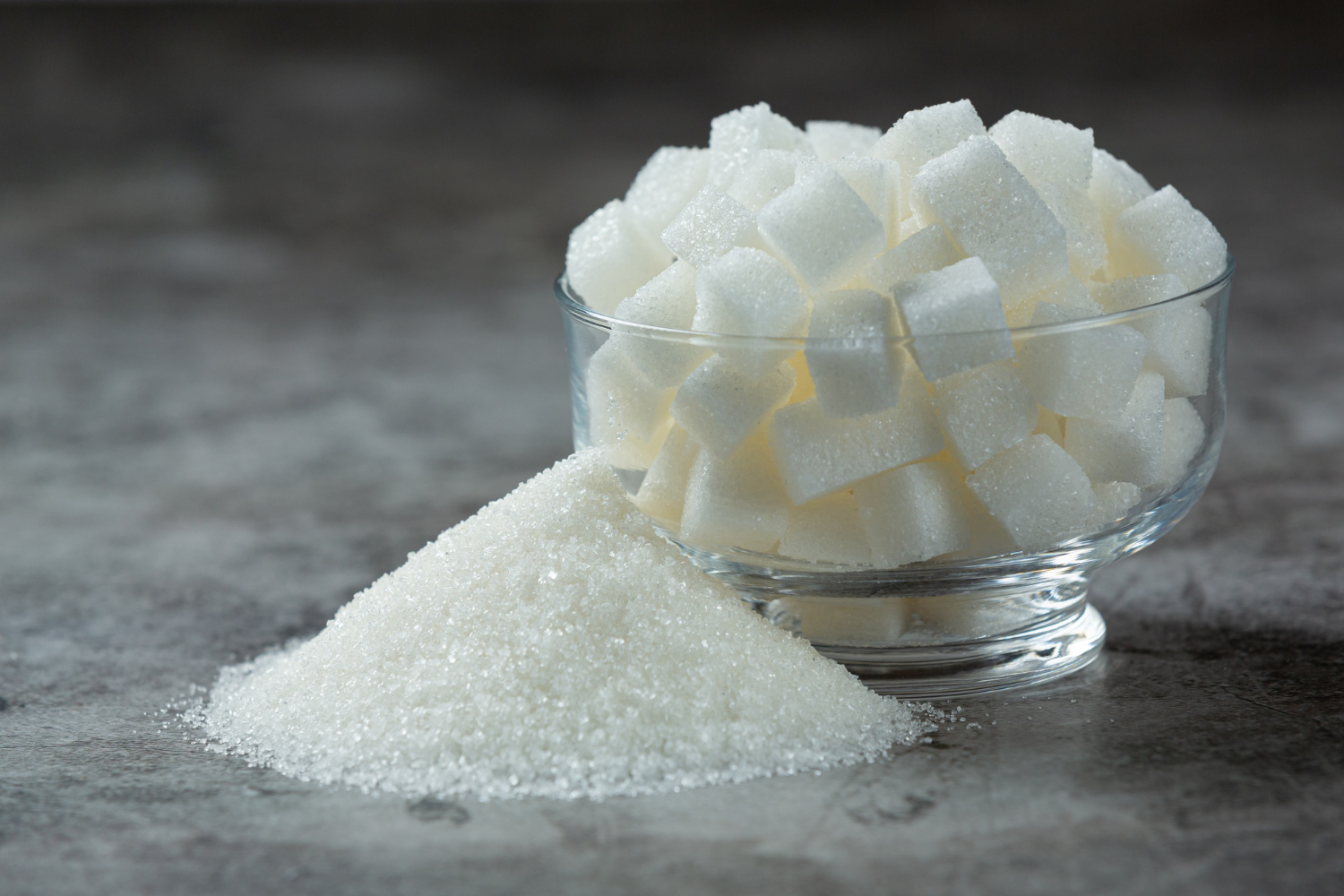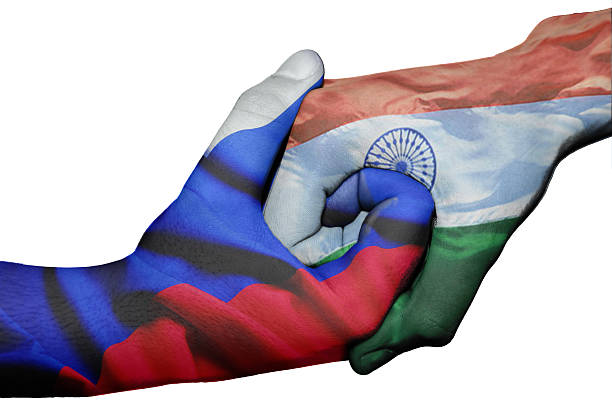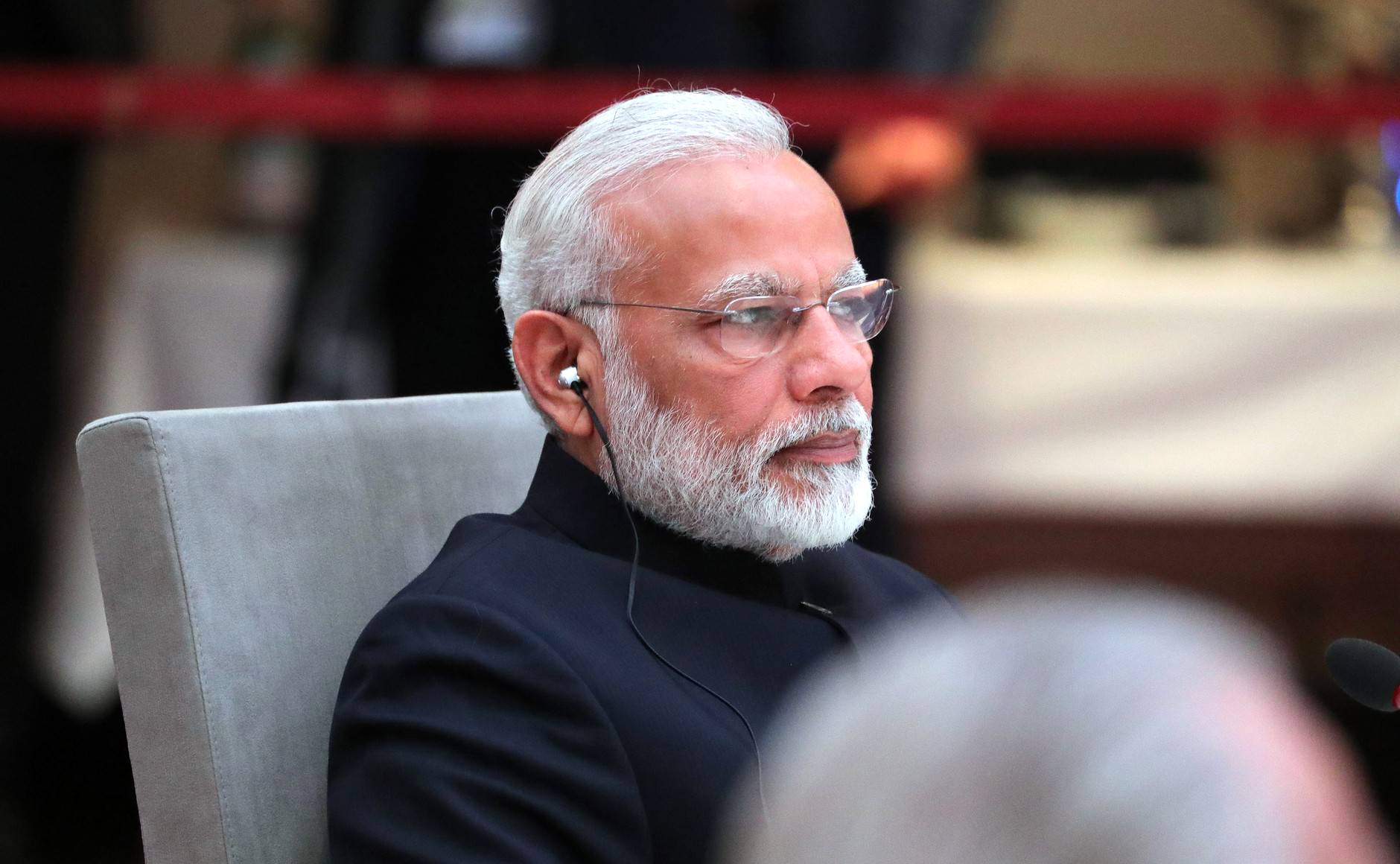Scorching summer days could raise your heart attack risk by a shocking 233%! Doctors warn that extreme heat strains the heart, especially for older adults and those with existing conditions. Learn why the risk spikes so high and how you can stay safe this season.

Extreme Heat May Raise Heart Attack Risk by 233%: Who’s Most at Risk and How to Stay Safe
In 2019, on a scorching afternoon in Jiangsu province, China, an elderly farmer was working under the blazing sun with temperatures soaring past 42°C. Feeling slightly dizzy when he left home, he brushed it off as a normal reaction to the heat. But by midday, he collapsed in his field. It was a heart attack. Unfortunately, by the time help arrived, it was too late.
According to the American Heart Association Journal, Jiangsu reported over 200,000 heart attack cases in just five years. Most were linked to heatwaves and air pollution. While this study focused on China, rising temperatures are becoming a major health threat in India too.
Many Indian cities are already seeing temperatures hit 45°C. The Indian Meteorological Department has issued heatwave alerts in several regions. With this, the risk of heart attacks is also climbing.
So in today’s health update, let’s explore:
- Why does extreme heat trigger heart attacks?
- Who is most vulnerable?
- How can you protect yourself?
Heart Attack Risk May Surge by 233% Due to Heat
A study published in the journal Circulation warns that heat-related heart attack deaths in the U.S. could rise by 162% by mid-century. If greenhouse gas emissions aren’t drastically reduced, the period from 2036 to 2065 might see deaths jump by as much as 233% due to extreme heat.
Why Does Heat Raise Heart Attack Risk?
During hot weather, your body works hard to stay cool. Sweating is the body’s natural cooling mechanism. But heavy sweating can cause dehydration, which means more blood needs to flow to the skin. To make this happen, your heart has to pump harder, increasing its workload. This extra strain can trigger heart issues, especially in vulnerable people.
Who Faces the Highest Risk?
According to Dr. Awadhesh Sharma, your heart has to work much harder when it’s extremely hot. This puts extra strain on certain people, making them more likely to have heart problems in the heat. Those at greatest risk include:
- People with existing heart issues like blocked arteries or heart failure.
- Those with high blood pressure or diabetes, as their blood vessels are already delicate.
- Seniors over 60, since their bodies struggle more to handle high temperatures.
- Pregnant women, whose hearts are working for two.
- People living in hot cities without good cooling, like air conditioning or fans.
- Outdoor workers, such as construction workers, delivery staff, or farmers who spend hours under the sun.
Easy Ways to Lower Your Risk
Climate change isn’t just harming the planet — it’s also a serious threat to your health. Older adults and low-income families are hit the hardest. With rising temperatures, keeping your heart safe becomes even more important. Here’s how you can protect yourself:
✅ Drink up: Sip lots of water and natural drinks like coconut water, buttermilk, or lemon water. This helps keep you hydrated and replaces lost salts.
✅ Stay indoors during peak heat: Try to avoid going out between 11 AM and 4 PM when the sun is strongest.
✅ Dress smart: Wear loose, light-colored cotton clothes that let your skin breathe and help keep your body cool.
✅ Stick to your medication: If you have heart problems or high BP, take your medicines on time. Don’t change doses without talking to your doctor.
✅ Cut down on caffeine and alcohol: Tea, coffee, and alcohol can dry out your body and put more load on your heart. Keep them limited.
✅ Eat light: Skip heavy, fried, or spicy meals that make your heart work harder. Opt for simple, fiber-rich foods that are easy to digest.
✅ Time your workouts right: Exercise in the early morning or later in the evening when it’s cooler, not in the blazing heat.
✅ Watch temperature changes: If you’re coming out of an air-conditioned room, don’t step straight into the heat. Give your body a moment to adjust.
Also Read:
- Health Tips: Simple Ways to Avoid Work Burnout
- International Yoga Day: 7 Chakra Poses for a Healthier Mind and Body
- Health Alert: Blurry Vision Isn’t Just an Eye Problem, It Could Be a Warning Sign
Author

Anaya M.
Anaya M. is a health and fitness writer at InsightIndia.in, dedicated to making wellness simple and accessible. With a keen interest in healthy living, nutrition, and fitness trends, she crafts practical and informative articles that empower readers to lead healthier lifestyles every day.




